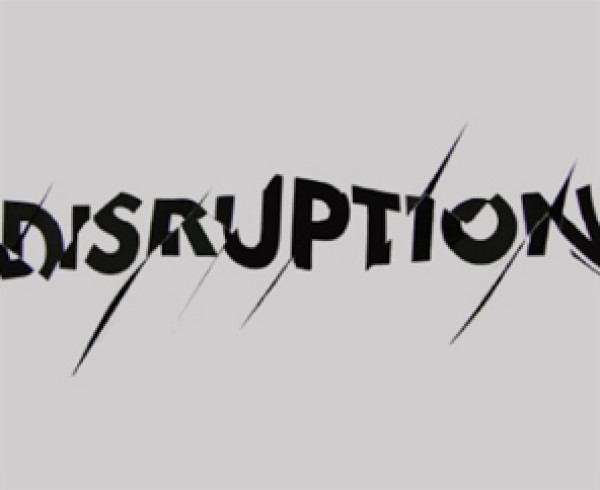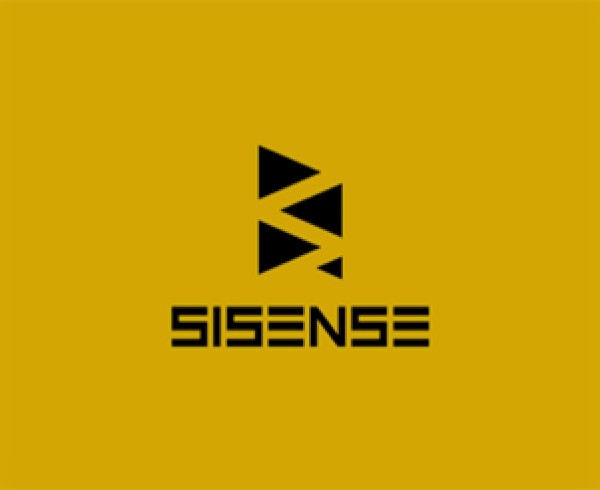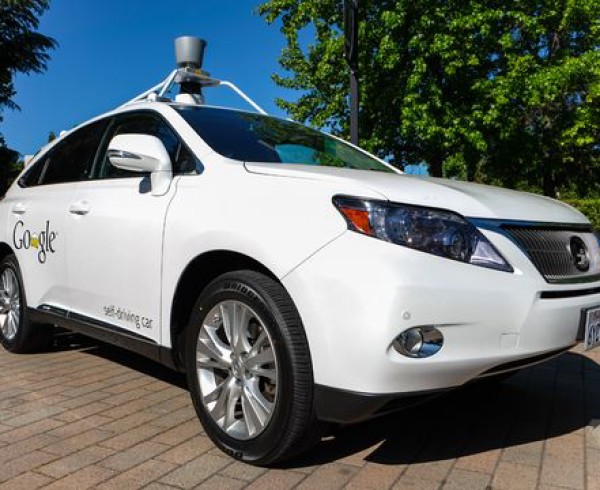Original Source: http://go.theinformation.com/qo9FCaPekYc
Going Public and the Illiquidity Tax
And it continues. We reported last month that Snapchat was preparing an IPO for next year and yesterday The Wall Street Journal followed with a similar account.
Every day in Silicon Valley, it’s clear how much the mood around being a public company has shifted. Companies that were hellbent on telling me all the reasons they wanted to stay private are changing their tune. All of a sudden, founders are telling me how nice it is to have “currency for acquisitions” and “branding lift.” (The latter applies more for enterprise companies; the consumer ones get plenty of publicity when they are private.)
I find one of the reasons now being cited for going public particularly interesting: erasing the compensation premium private tech companies pay because their shares aren’t liquid.
It was one of the stories behind a chart we recently published that showed Airbnb and Uber have to pay more in total compensation for an average engineer than Google and Facebook. The bulk of the difference is in the dollar amount of the equity, not the cash. Airbnb and Uber paid total averages of $312,000 and $292,000 respectively, about half of which was equity.
Snapchat (which from now on we must call by its new name, Snap) is in a similar situation. It pays $252,000 in base comp—of which $114,000 is equity. The totals are more than Google, Microsoft, Amazon.com and Apple. Presumably the equity estimates are based on the current 409A valuation. It’s worth noting that employees who join private companies are believers that their company stock will appreciate and be worth much, much more.
The illiquidity premium may be exacerbated now, one venture capitalist noted, because companies have tightened the reins on pre-IPO employee liquidation. Airbnb and others have allowed employees to cash out in one-off cases. But transfer restrictions have become more strict.
The differences in compensation are driven by more than who is private or public. Lightspeed partner Jeremy Liew, an early Snap investor whose fund reaped big gains from the recent Nutanix IPO, reminded me: “Geography is a huge factor.”
San Francisco companies, such as Airbnb and Uber, may have to pay more due to the high cost of living. Los Angeles-based companies may have to pay more to get people to move there.
I’d love to hear from private tech executives about comp trends you’re seeing and from those whose companies have recently gone public. Any shifts in what you’re paying?
One thing is clear. This IPO drought is coming to an end. It is too early to say whether these private tech darlings will really enjoy being public or whether, once they ring the opening bell, they will find the grass is always greener. A lot of that will depend, of course, on whether public investors buy what they’re selling.







